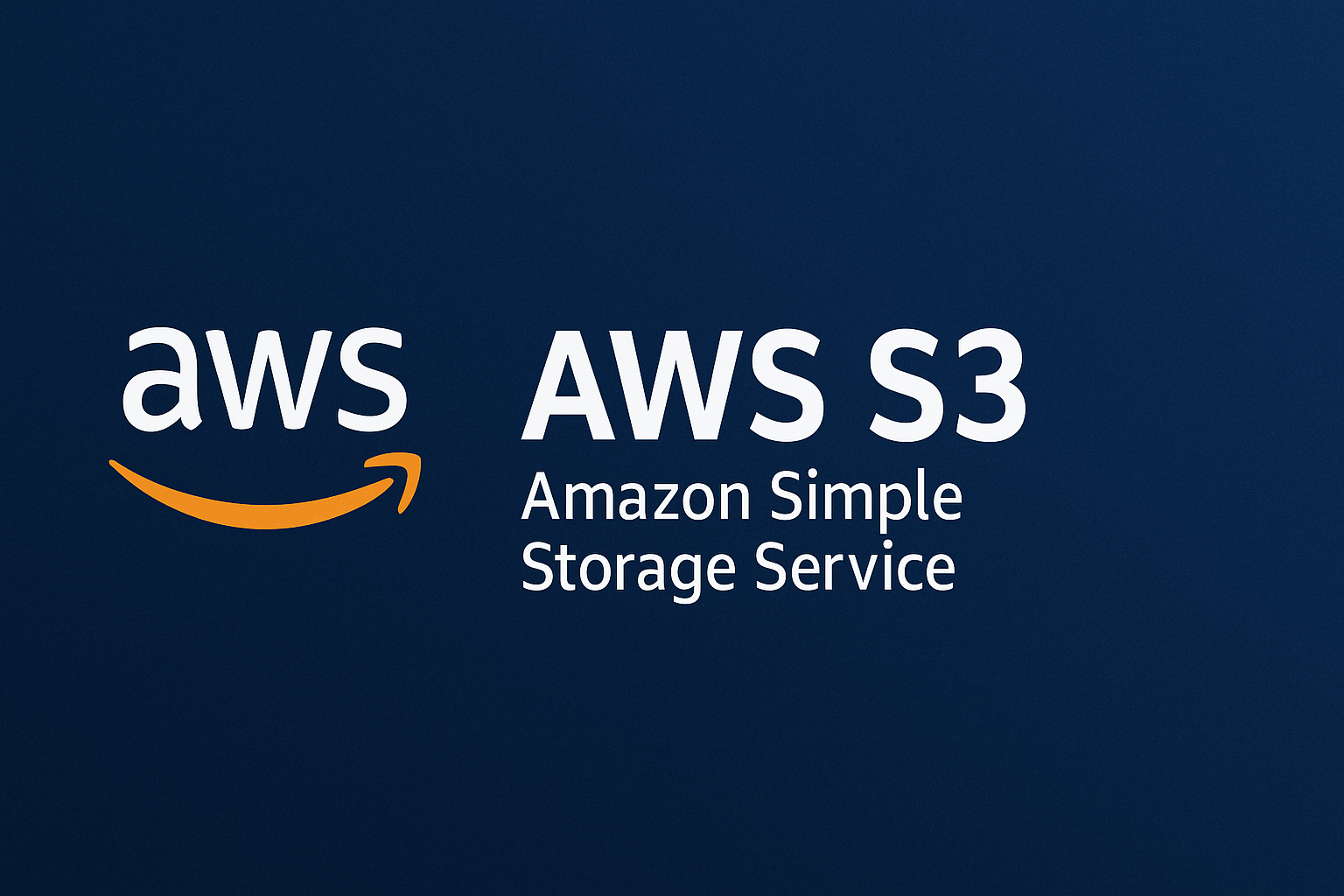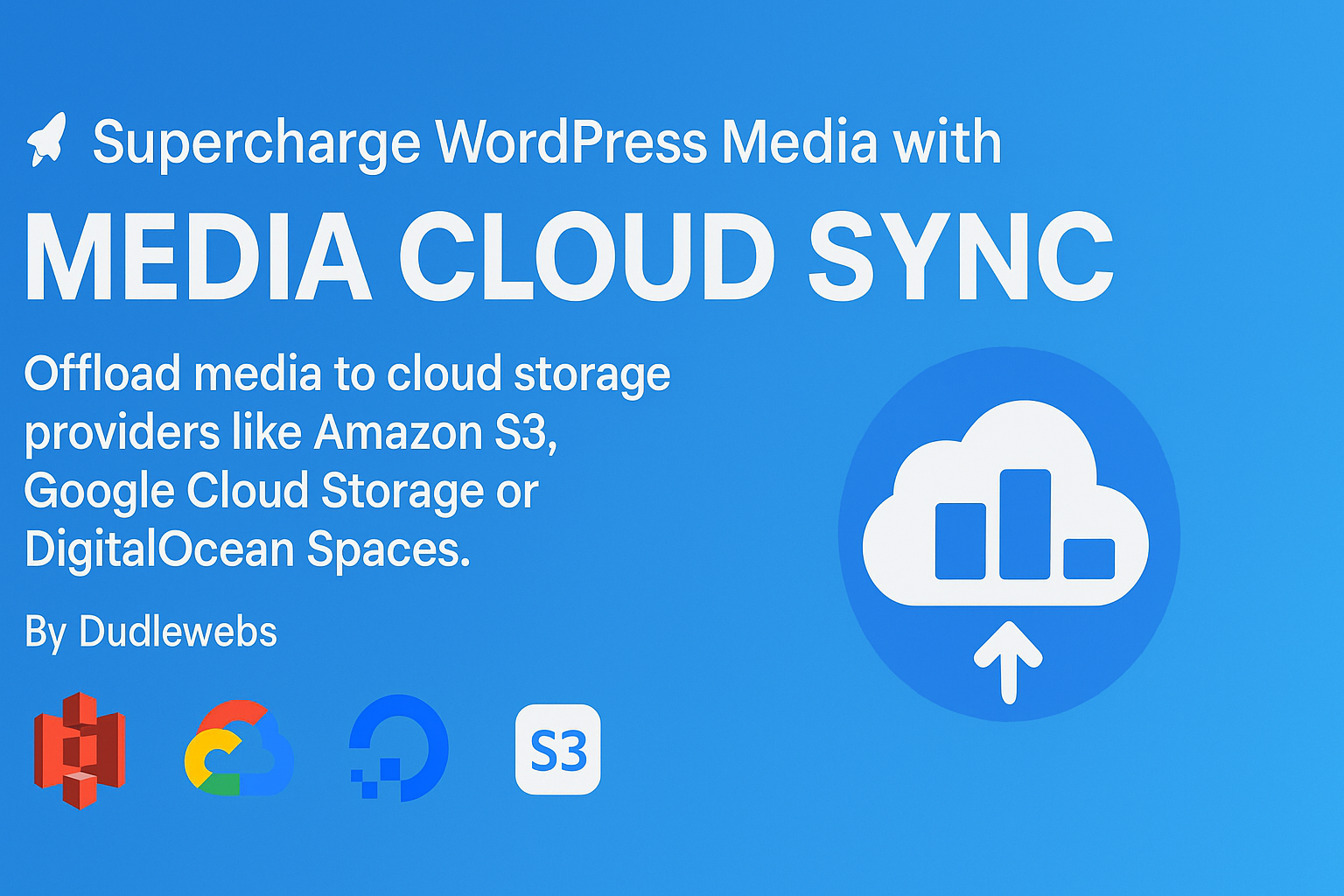Building Resilient Cloud Infrastructure with AWS S3

In the world of digital transformation, data is at the heart of every modern application. Whether it’s for websites, mobile apps, SaaS platforms, or enterprise systems, having reliable and scalable cloud storage is critical. Amazon S3 (Simple Storage Service) has become the industry standard for object storage — offering unmatched scalability, durability, and security.
This blog explores the core features of AWS S3, its real-world applications, and why it’s a key component of cloud-based infrastructure for IT companies across industries.
What is AWS S3?
Amazon S3 is an object storage service from Amazon Web Services that provides scalable and secure cloud storage. It allows users to store and retrieve any amount of data from anywhere on the web. Data in S3 is stored as objects in buckets, making it ideal for storing files, backups, logs, and other unstructured data.
Key Features of AWS S3
1. Unlimited Scalability
S3 can handle storage needs from gigabytes to petabytes and beyond — automatically scaling as your application grows, without any provisioning or configuration overhead.
2. High Durability
With 11 nines of durability (99.999999999%), S3 automatically replicates data across multiple facilities and availability zones, ensuring resilience against hardware failures or natural disasters.
3. Flexible Storage Classes
AWS S3 offers various storage tiers tailored for different use cases and cost efficiency:
- S3 Standard – High availability and performance
- S3 Intelligent-Tiering – Automatic cost optimization based on access patterns
- S3 Standard-IA – Cost-effective for infrequent access
- S3 One Zone-IA – Low-cost for data not requiring multi-zone redundancy
- S3 Glacier & Deep Archive – For long-term archival
4. Robust Security Controls
S3 integrates with AWS Identity and Access Management (IAM), supports encryption (both server-side and client-side), and offers advanced access policies. This ensures strong control over who can access what data.
5. Integrated Data Management
With features like lifecycle rules, versioning, and replication, AWS S3 makes it easy to manage data workflows — from automated transitions between storage classes to cross-region backups.
6. Static Website Hosting
S3 supports static site hosting — allowing developers to serve HTML, CSS, JS, and media files directly from the cloud, with optional CDN acceleration via CloudFront.
Common Use Cases in the IT Industry
AWS S3 is widely used by IT companies and digital solution providers for:
- Application Data Storage – Storing files, media, and documents
- Backup & Restore – Automated and secure cloud backups
- Disaster Recovery – Cross-region replication and archival
- Big Data Analytics – Storing and processing logs or datasets
- DevOps Pipelines – Managing build artifacts and deployments
- Content Delivery – Serving assets efficiently to global users
Integration and Development
AWS S3 supports multiple SDKs including JavaScript, Python, PHP, .NET, and Java — making it easy to integrate into virtually any tech stack. Developers can upload files, generate temporary access URLs, and trigger serverless workflows via S3 events.
Example in Node.js:
const AWS = require('aws-sdk');
const fs = require('fs');
const s3 = new AWS.S3();
const params = {
Bucket: 'example-bucket',
Key: 'uploads/image.png',
Body: fs.createReadStream('./image.png'),
};
s3.upload(params, (err, data) => {
if (err) console.error('Upload failed:', err);
else console.log('File uploaded successfully:', data.Location);
});
Advantages for IT Companies
- Faster Time to Market – No hardware setup or manual scaling required
- Reduced Operational Costs – Pay-as-you-go pricing with automatic scaling
- Improved Resilience – Built-in fault tolerance and redundancy
- Easy Compliance – Meets regulatory requirements with audit logging and encryption
- DevOps Ready – Perfect for CI/CD, serverless apps, and microservices
Final Thoughts
AWS S3 has revolutionized how modern applications handle data. Its flexibility, reliability, and rich set of features make it a foundational service in cloud infrastructure strategies. For IT companies building high-performance web and mobile platforms, S3 is not just a storage solution — it’s an enabler of innovation, scalability, and long-term sustainability.
Whether you’re building your first cloud-native app or scaling a global digital platform, AWS S3 provides the backbone to store, protect, and manage your data with confidence.



